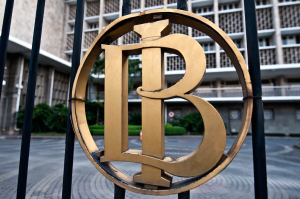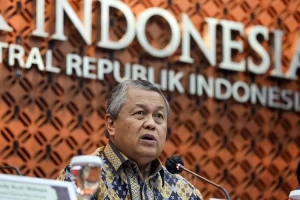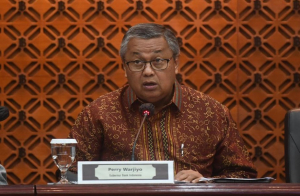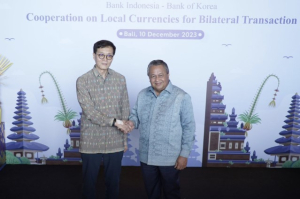Bank Indonesia to introduce Rupiah securities to attract foreign investment and strengthen financial market depth
Bank Indonesia (BI) is set to launch the Rupiah Securities of Bank Indonesia (SRBI) as part of its monetary operations. In a move aimed at boosting foreign investment and enhancing market depth.
This new financial instrument is an integral component of the financial market deepening strategy, scheduled for implementation from September 15, 2023.
Governor of Bank Indonesia, Perry Warjiyo, clarified that SRBI represents a contractionary monetary operation designed to strengthen the Indonesian market and encourage foreign capital inflow. By issuing SRBI, BI aims to attract foreign investments into Indonesia.
"The reason for introducing the Rupiah Securities of Bank Indonesia is that it is a securitization of government securities owned by BI. BI holds government securities of more than IDR 1,000 trillion, and these will be securitized to become the underlying assets of SRBI," Perry explained on August 24, 2023.
He elaborated that SRBI will be issued in short tenors, consisting of 6 months, 9 months, and 12 months. Perry highlighted that these instruments will be tradable in the secondary market and offer attractive interest rates.
As described in BI's official statement, SRBI is a debt instrument denominated in Indonesian Rupiah and issued by Bank Indonesia. It utilizes government securities owned by the central bank as underlying assets.
The introduction of SRBI serves as a contractionary monetary instrument to manage liquidity and support the development of the money market, consequently promoting the stability of the Rupiah exchange rate.
These instruments can be traded and owned by both non-bank entities (residents and non-residents) in the secondary market. They are issued electronically, traded at a discount, and contribute to expanding financial market activities.
In the primary market, SRBI can only be purchased by commercial banks participating in conventional Open Market Operations (OMO), either directly or through intermediary institutions. However, non-bank entities (both residents and non-residents) can acquire and hold SRBI in the secondary market.
"Through the implementation of SRBI, Bank Indonesia initiates a pro-market monetary instrument, fostering a deeper financial market that enhances liquidity circulation," Perry emphasized.
Tag
Already have an account? Sign In
-
Start reading
Freemium
-
Monthly Subscription
30% OFF$26.03
$37.19/MonthCancel anytime
This offer is open to all new subscribers!
Subscribe now -
Yearly Subscription
33% OFF$228.13
$340.5/YearCancel anytime
This offer is open to all new subscribers!
Subscribe now






